Brain
-
 Brain
BrainAmericans tend to see imaginary faces as male, not female
When people see imaginary faces in everyday objects, those faces are more likely to be perceived as male than female.
-
 Brain
BrainNodding off may turn your creativity on
In an experiment, people who fell into a shallow sleep were more likely than non-sleepers or deep sleepers to discover a sly math trick.
-
 Humans
HumansWant to improve your reading skills? You might just need more space
A simple change by publishers and Web designers could help kids — both with and without dyslexia — read faster and better.
-
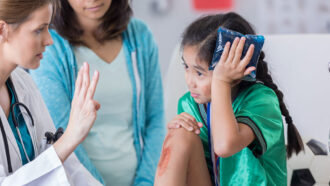 Brain
BrainConcussion patients should avoid screen time for first two days
Teens may find it hard to avoid screen time, but data from a new study suggest it can speed their recovery.
-
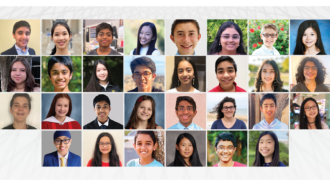 Brain
BrainAsk the experts: How to create a top-notch science fair project
Five finalists in the Broadcom MASTERS middle-school competition reveal how they created nationally competitive projects.
-
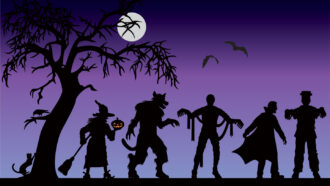 Animals
AnimalsLet’s learn about the creatures of Halloween
Check out the real-life vampires and zombies of the animal kingdom, and learn why people think ghosts and mummy curses are real.
-
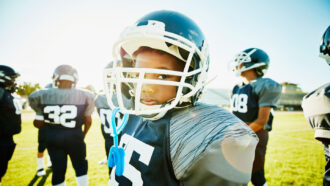 Brain
BrainIt doesn’t take a concussion for head hits to harm young brains
Most head impacts while playing football do not cause concussions. Yet even lesser impacts take a toll in young athletes, scans of their brains show.
-
 Tech
TechWill you learn better from reading on screen or on paper?
Some studies find students don’t learn as well by reading on screens as from paper. But that's not always true. Here’s how to make the most of reading in either format.
-
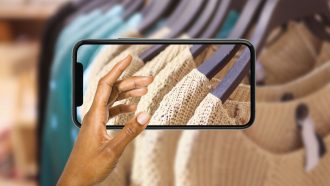 Tech
TechA sense of touch could upgrade virtual reality, prosthetics and more
Scientists and engineers are trying to add touch to online shopping, virtual doctor appointments and artificial limbs.
-
 Health & Medicine
Health & MedicineA 2021 Nobel goes for discovering how our body reads touch sensations
David Julius and Ardem Patapoutian found nerve-cell sensors for temperature, pain and pressure.
-
 Brain
BrainScientists Say: Haptic
Haptic is an adjective used to describe things related to our sense of touch.
-
 Health & Medicine
Health & MedicineDiscovering the power of placebos
If you take a fake pill and expect to feel better, you may. Researchers are learning how this placebo effect works and how to use it to help patients.